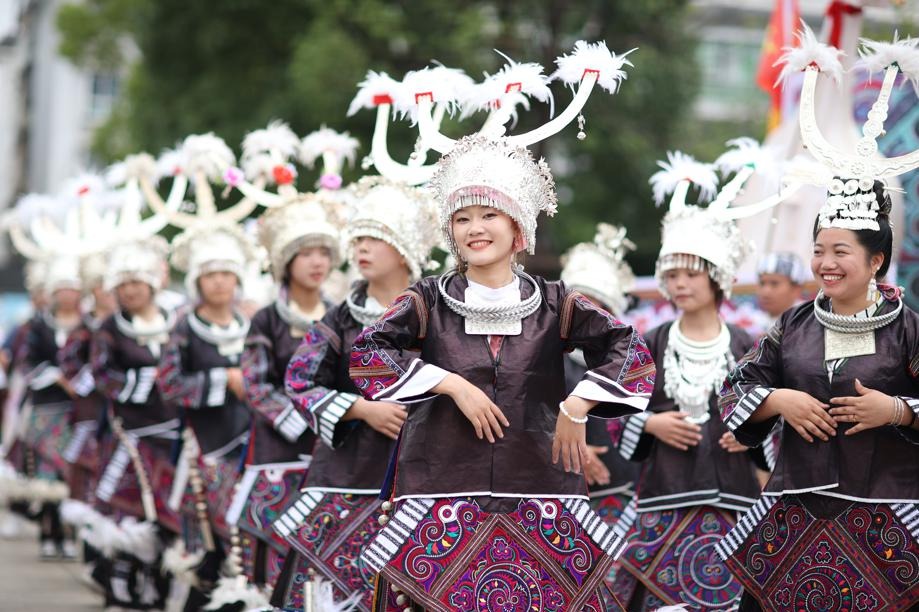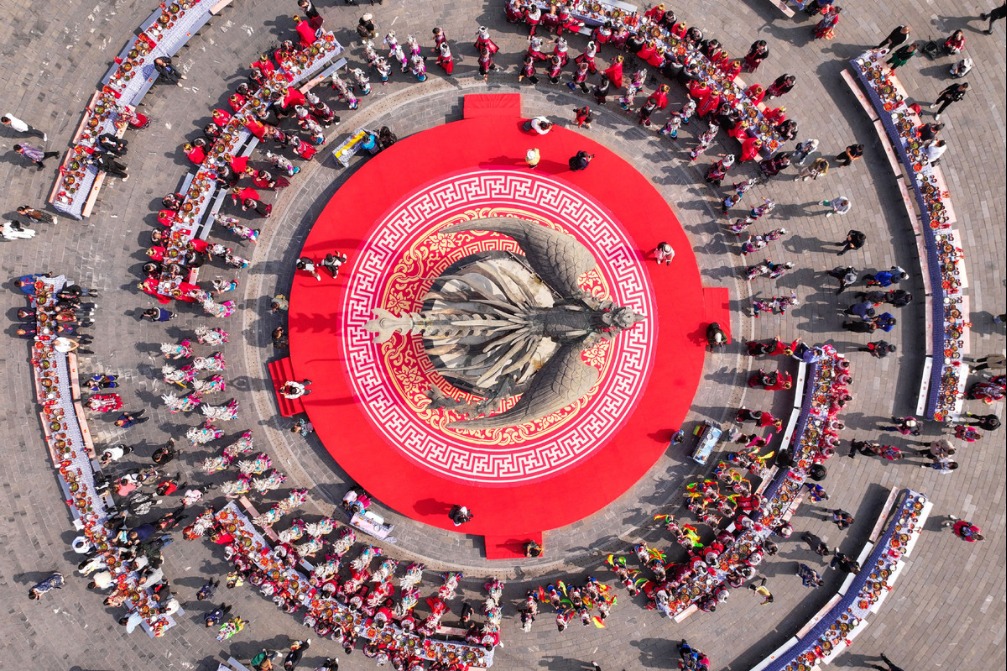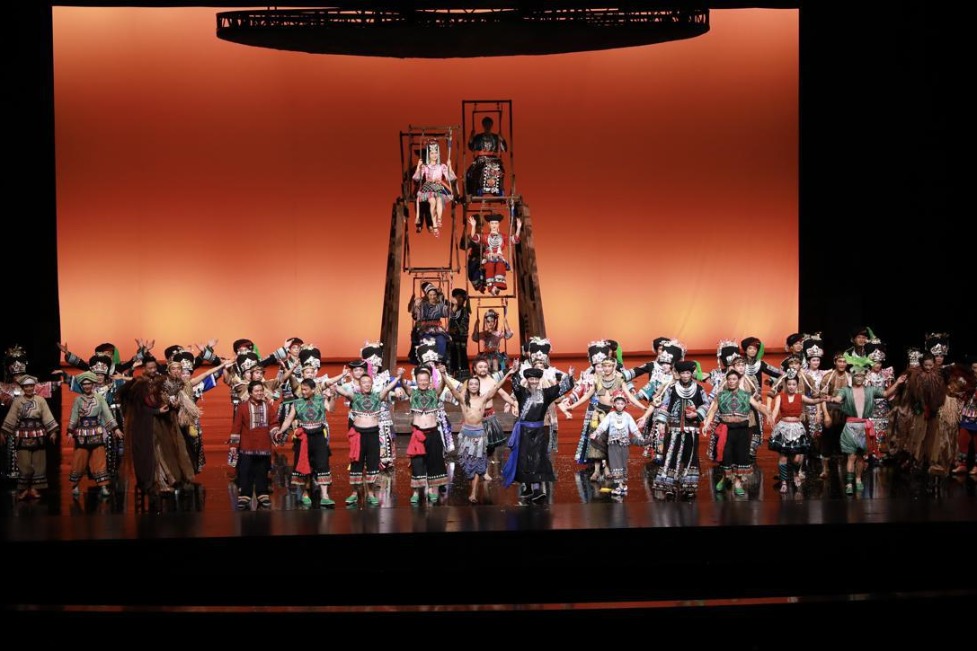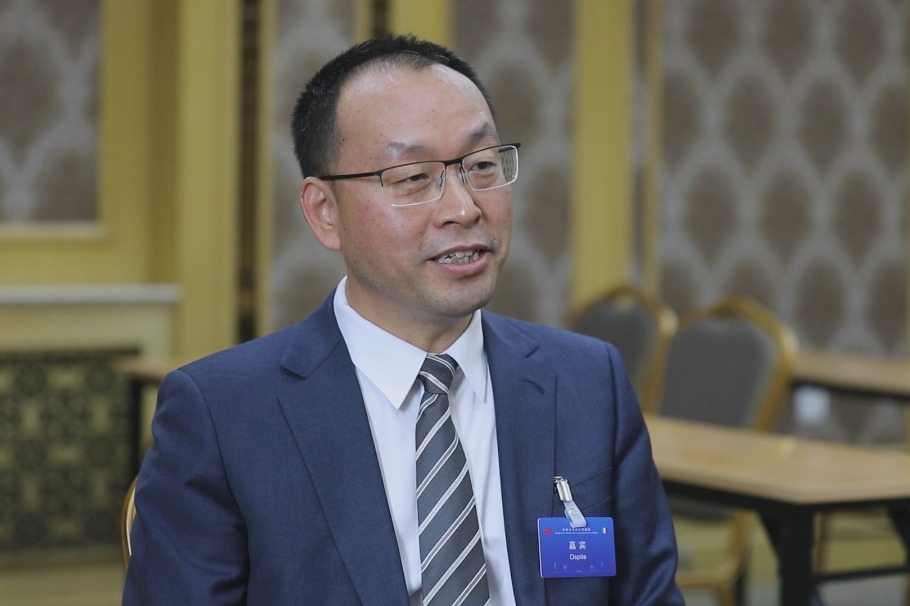Saudi students taking classes in Mandarin


Chinese language and culture have gained popularity in member states of the Gulf Cooperation Council, especially in Saudi Arabia over the past year, education officials and experts said at the Second China-GCC Language and Culture Forum held in Beijing on Thursday.
Since all Saudi Arabia's public and private secondary schools started to teach Mandarin twice a week in August, Chinese language and culture have been well received by students, said Salim Alanazy, assistant deputy minister of the Education Ministry of Saudi Arabia.
"Chinese language is now important in many countries. GCC member states, especially Saudi Arabia, value this language and are glad to develop friendships with China," he said at the forum held during the ongoing World Chinese Language Conference.
In October, education authorities from Saudi Arabia and China signed an agreement on enhancing cooperation in Chinese language education between the two countries.
"We will invite Chinese teachers to our country to teach Mandarin and also send Saudi teachers to study Chinese in China," Alanazy said.
Duan Peng, president of Beijing Language and Culture University, said young people in GCC countries have a great demand for learning Chinese as multilateral relationships and trade cooperation have deepened in recent years.
As the main supporter for Chinese language education in Saudi Arabia, BLCU is working on compiling curriculum, training Chinese teachers and cultivating teaching resources for Saudi Arabia, Duan said.
More than 800 Saudi students will study in China in the next five years, according to the agreement.
"Some of them may become potential teachers of Chinese language, and will teach adolescents in Saudi Arabia with the knowledge they learned at BLCU," Duan said.
BLCU graduates play a bridging role in international communication as they are the majority of deans and professors of the Chinese language and literature departments at universities around the world, he added.
"Chinese language education has a promising future as more countries are willing to include the language into the education curriculum of middle schools and colleges," Duan said.
Liu Xinlu, dean of the School of Arabic Studies at Beijing Foreign Studies University, said progress has been made since the GCC-China Library for cultural engagement in both Arabic and Chinese was initiated in December last year. Liu said an additional 50 works will be supplemented to the library and serve readers in Gulf and Arabic countries.
He said that Arabic countries cooperate with China at a higher level beyond politics, trade and Chinese language education.
"They are seeking communication with Chinese civilization and hoping to understand Chinese values and development strategy, rather than simple cultural icons like Peking Opera or giant pandas," he said.
- Shenzhou XIX crew receive delivery from Earth
- Chinese scientists find new method to sweeten tomatoes
- Chinese Academy of Social Sciences opens 2 key laboratories
- One day as a Shanghainese: Swiss teens' dive into local life
- Sangzhi building fire kills seven
- Wuzhou's Qilou Block draws crowds after renovations of iconic arcade buildings




































